Strengthen commitments
EDF built its volunteer programme in favour of biodiversity crossing three dimensions:
-

The 5 pressure factors identified by IPBES*
-

The major impacts of the company on ecosystems
-

The Group's CAP 2030 strategic development project
These commitments have been built with the support of our scientific and NGO partners and across the business lines. They do not mention the measures in response to the laws and regulations in force, nor those already implemented on a voluntary basis by the Group, in accordance with the expectations of the initiative. Nor do they mention the Group's Climate commitments.
This ambition is expressed in particular by the participation of the Group in two initiatives:
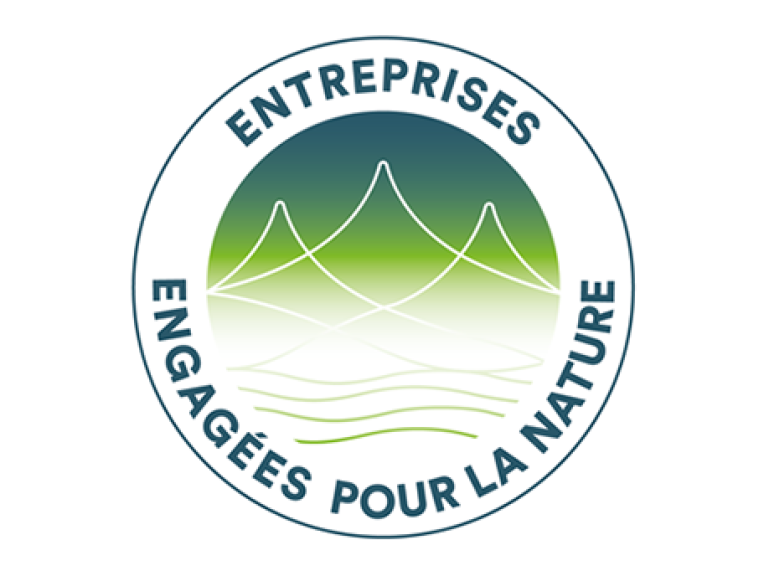
In France
EDF participates in the initiative "Entreprises engagés pour la nature" led by the French Biodiversity Agency (OFB), within the framework of the national biodiversity strategy of the French government. This initiative aims to stimulate concrete corporate commitments and to guarantee the progressive mainstream of biodiversity within companies. The companies shall submit individual SMART (specific, measurable, additional, realistic and temporally supervised) commitments.
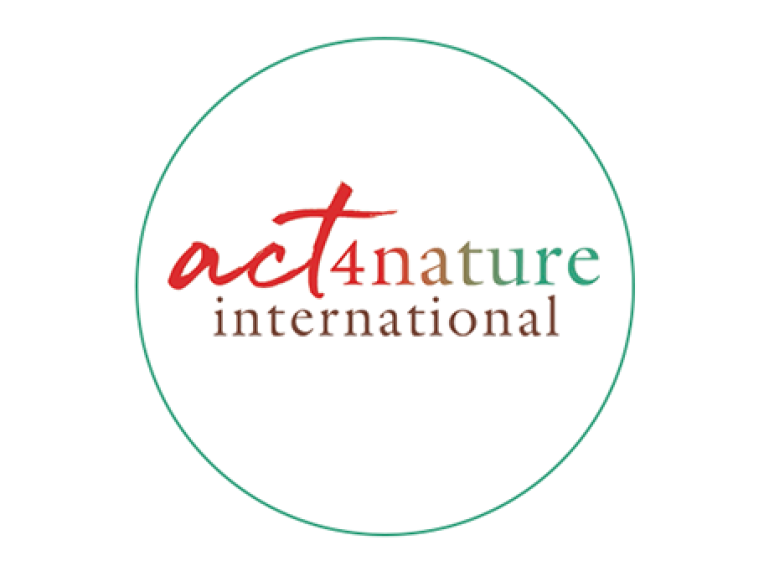
At the international level
EDF takes part in the act4nature International initiative, initiated by the Association of the Companies for Environment (EpE) to mobilise companies to protect, enhance and restore biodiversity. The aim of this initiative is to mobilise French international groups from any sector. The companies shall sign 10 common commitments and submit, here again, individual commitments, which shall be SMART (specific, measurable, additional, realistic and temporally supervised).
18 volunteer commitments for 2023-2025
This program, which should be completed by 2025, involves the Group's electricity and heat generation activities across all technologies (nuclear, hydraulic, onshore and offshore wind power, solar, biomass, conventional thermal) operated and developed globally by EDF SA, EDF power solutions, EDF Energy, Luminus, Edison and Dalkia. The EDF Group has been committed to preserving biodiversity for 50 years.
These new commitments are extended for the first time to the Group's value chain.
These commitments concern 4 axes

-
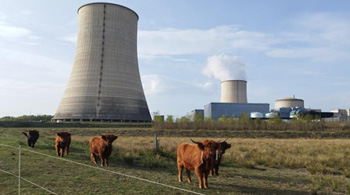
-
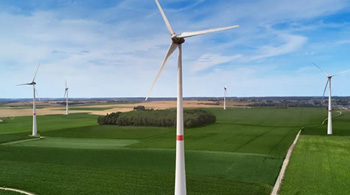
2. Integrate, beyond regulatory constraints, environment and biodiversity stakes, in the construction stage of Luminus wind farms, by deploying the green charter on all sites by 2025
-
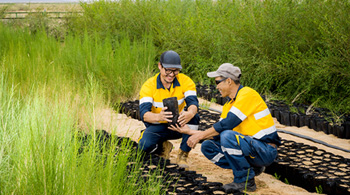
3. Accelerate and intensify dialogue with EDF's major uranium suppliers on biodiversity issues and levers, to establish a biodiversity action plan by the end of 2025
-
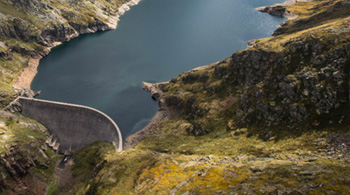
4. Maintain the performance of EDF Hydro's contribution to the management of water resources: zero malfunction imputed to EDF by the beneficiary of a low water support agreement over the period 2023-2025
-

5. By 2025, identify areas of improvement for the main sources of CO₂ emissions and resource consumptions, with regard to design and maintenance of hydroelectric production infrastructures
-
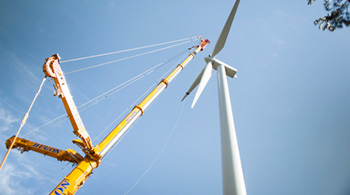
6. Reuse, recycle and recover the blades of wind farms controlled by EDF power solutions at the end of their operation, and progressively integrate easily recyclable blades in our future farms
-
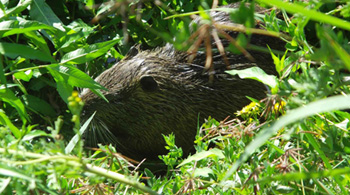
7. Participate to invasive alien species (IAS) detection and management in France

-
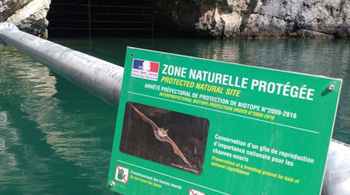
8. Promote knowledge, cohabitation, and development of "high stake" species on 18 EDF sites by the end of 2025
-
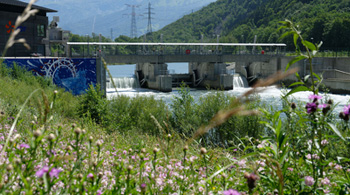
9. Contribute to the efficiency of restoration and revegetation projects by using plants of local origin for 10 EDF operations by the end of 2025
-
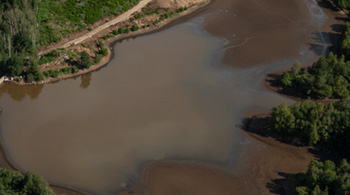
10. Draw inspiration from the "Nature-based Solutions" approach and contribute to the preservation and restoration of natural environments with local partners on 12 EDF sites by the end of 2025
Photo : Chris BOGAERTS - DR -
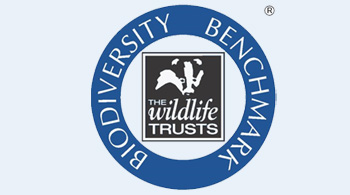
11. Maintain the Biodiversity Benchmark accreditation that EDF Energy holds for the management of the non-operational land at 6 of its Nuclear stations

-
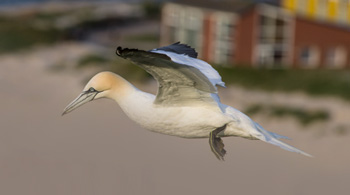
12. Pursue the research program, with a budget of €6 million per year until 2025, on reducing the impacts on biodiversity of nuclear, hydraulic, wind, photovoltaic and thermal production facilities
-
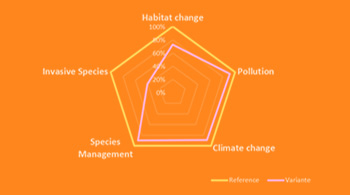
13. Complete our life cycle analysis studies on the biodiversity footprint in two power generation sectors by 2025
-

14. Take inspiration from the "Nature-based Solutions" approach and set up 3 "R&D pilot" operations for carbon sequestration by natural sinks which will contribute to the scientific demonstration of the reality of storage and the development of new sequestration pathways
Photo : Lucas St André - DR -
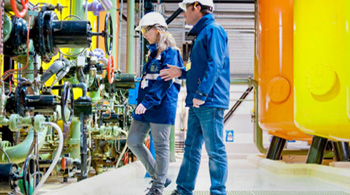
15. Integrate the environment as a criterion for choosing our suppliers in 70% of purchasing files, at identified risk, of the Group Purchasing Department in 2025

-
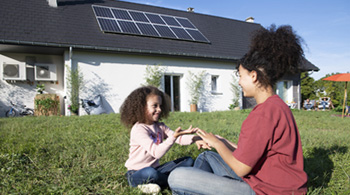
16. Participate in the drafting of new biodiversity guidelines for the wind and solar sector by 2025
-
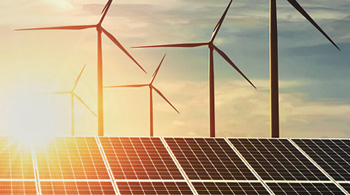
17. Support customers in efforts to deliver energy sufficiency levers and control their consumption with the aim of reaching 200 million connections to consumption monitoring tools by 2025
-
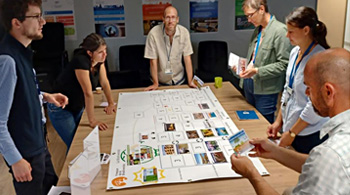
18. Raise awareness and train 5,000 Group employees by 2025 on biodiversity
Our actions in videos
Transcription
EDF supports the Local Vegetal brand
This brand is a tool for tracing wild and local plants. It guarantees and preserves genetic diversity in 11 biogeographical regions of France. The EDF group is a partner of the French Biodiversity Office, which carries the local plant brand. Preserving biodiversity is one of the company's 16 corporate social responsibility commitments.
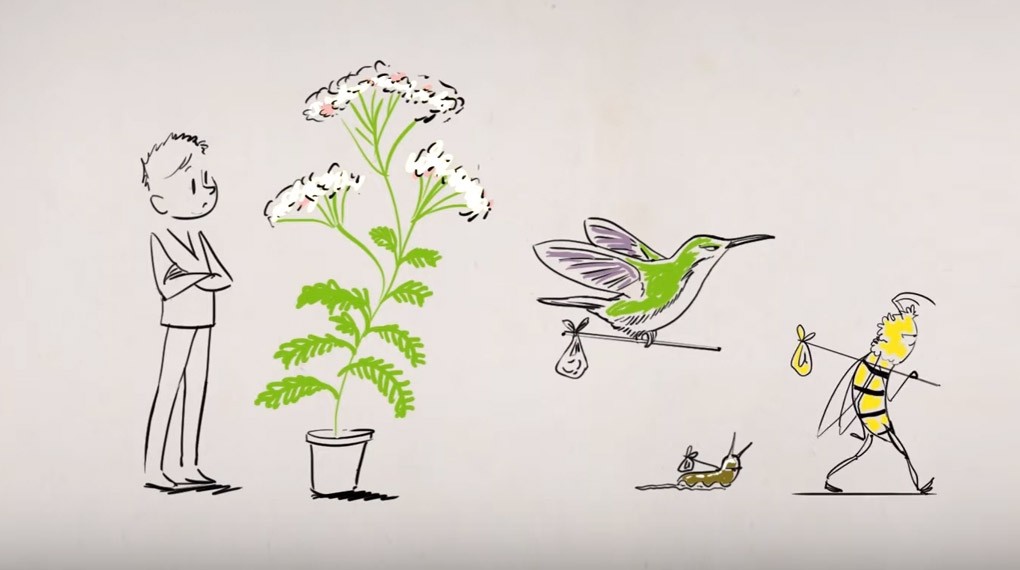
Your browser does not support javascript.
To enable you to access the information, we suggest you view the video EDF supports the Local Vegetal brand in a new tab.

Partners to act
EDF needs the associative and scientific world to lead its projects on biodiversity. In France, EDF has implemented, a partnership policy in order to:
- Contribute to the drawing up of our actions in favour of biodiversity
- Benefit from scientific competences to achieve them
- Train our employees and make aware the audience to this major stake
* The intergovernmental scientific and political Platform on biodiversity and the ecosystem services are an international group of experts on biodiversity, equivalent of IPCC for the climatic change.
(1) A management plan defines the zoning on the sites with management measures adapted to the sake and with a land vocation (industrial activity…). The objective is to reconcile biodiversity and electricity production.
(2) Respect to the PV fleets, they are PV fleets at stake, which present biodiversity stakes (determined in the impact study for the assessment of the initial condition and the application of the ERC sequence) and requiring the implementation of adapted measures, without distinction of their ‘’degraded’’ character or not.
(3) Respect to the Overseas Departments they are sites having revealed the presence of invasive exotic species.

